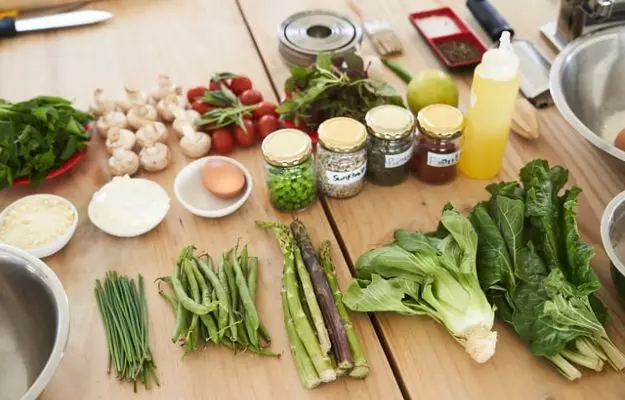COVID-19 is an infectious disease which can cause symptoms like fever, cough, general weakness, pain, difficulty breathing as well as changes to your sense of taste and smell.
Your diet, nutritional, and fluid intake are very important when you have COVID-19, but the symptoms can affect your appetite and ability to eat, making it difficult for you to meet your nutritional needs.
When you are managing this under home quarantine, you need to know a few things about your daily nutritional requirements. Here are some things you should try to do:





















